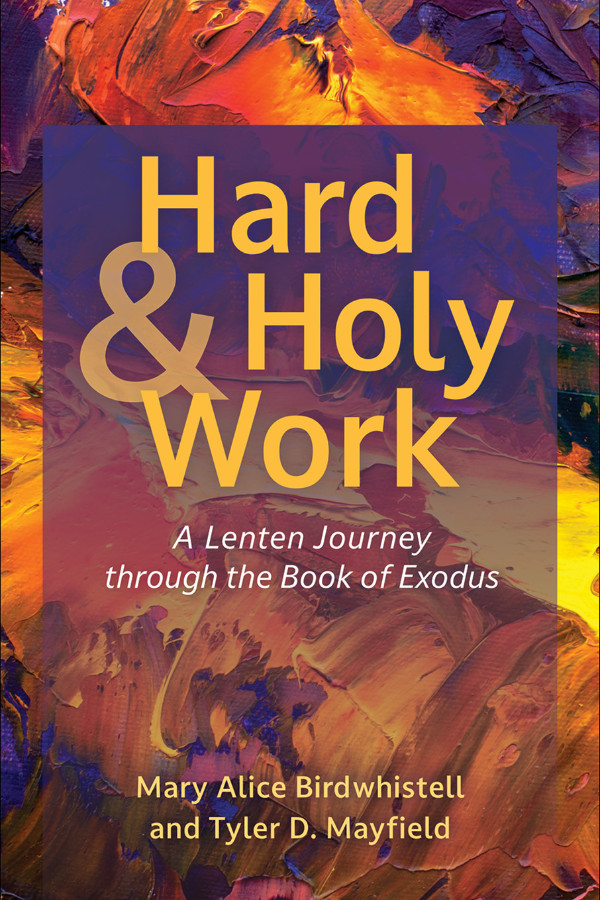Church seasons can be slightly disorienting for those of us employed in Christian settings where the workflow does not follow the traditional liturgical pattern. It might seem that our tasks would be infused with the expectation of Advent and the joy of Christmas and find renewal in the repentance of Lent and the promise of Easter. But work just beats on through these changes in seasons, overwhelming us with budgets, meetings, publication dates, programs and crisis management.
As we move into another season of Lent, I wonder: Does Lent matter to my work? Is there a place for the practices of lament, grief and repentance in my daily tasks?
Culturally, these are not popular questions. As an American Christian, I’ve had very few experiences with lament in the church. Our avoidance of pain manifests itself in awkward funeral parlor conversations filled with the non-assuring assurance that “God is in control” and ending with empty non-offers of care: “Call if you need anything.”
What is more, our careful avoidance of pain affects our ability to attend to the suffering in our community and in our country.
In the face of tragedy, particularly tragedy of a national scale, our reactive outrage moves quickly to a sense of overwhelm and exasperation. We mutter around the water cooler how unimaginable the whole thing is and then return to our desks confused about the purpose of our work.
We expect leaders, including Christian leaders, to be strong. To lead from grief, and with grief, is to appear weak. To cry is to admit defeat. To mourn is to be stuck in the past and incapable of leading the way forward.
Given our claim to follow a crucified Jesus, part of the Christian witness during the Lenten season -- and part of the work of Christian leadership -- is to counter this cultural norm and name the tragedy, pain and brokenness in ourselves, our communities and our world.
What would it look like to:
- Gather our colleagues and admit and mourn the things that ail us and our communities? (Imagine a gathering in which every person is safe to speak the aches of his or her soul and receive in response prayers for mercy.)
- Discern the laments of the neighborhoods or communities in which we work, and build relationships as individuals and as a staff with those who already seek to address those problems?
- Create a sacred space in our office that invites prayers of healing, repair and reconciliation?
- Light a candle in our workspace as a prayer for God’s mercy?
- Begin these or other practices of lament during the season of Lent?
Practices of lament move us from a reactive and avoidant posture to a proactive and open posture. They normalize the experiences of empty desperation, anguish and fear. They call us to speak honestly about the brokenness that exists in us and our institutions. They deepen our reliance on the mystery of the mercy of God. In faithfully attending to the lament of the world, we can take on the cross-shaped life and leadership Jesus calls us to in Matthew 16:24.
As we seek out ways to name the pain of the world (and perhaps feel a bit awkward about it), we can turn to the whispering hope at center of Lamentations: “The Lord is good to those who wait for him, to the soul that seeks him. It is good that one should wait quietly for the salvation of the Lord” (Lamentations 3:25-26 NRSV).
We need not be afraid of lamentation. We can embrace its humility, vulnerability and hope as a faithful expression of cross-shaped Christian leadership. And we know, even in the face of anguished silence, that we wait on the Lord -- and the Lord is good.




















